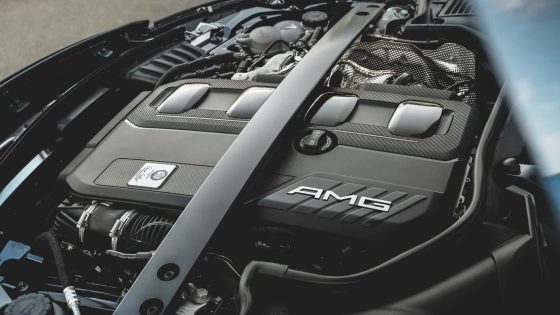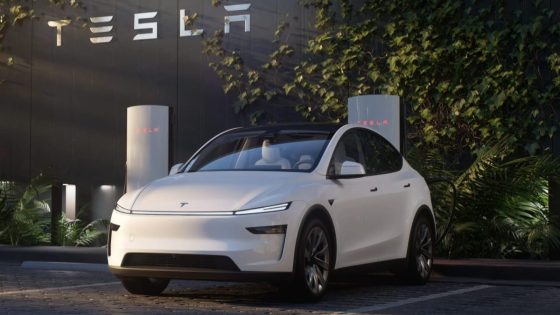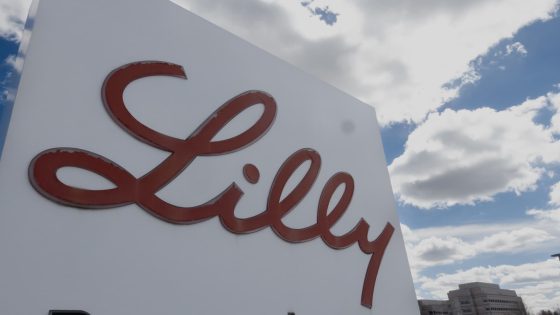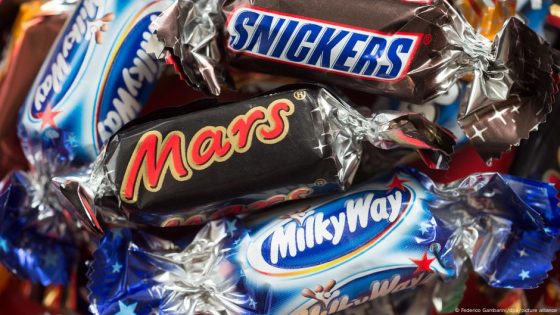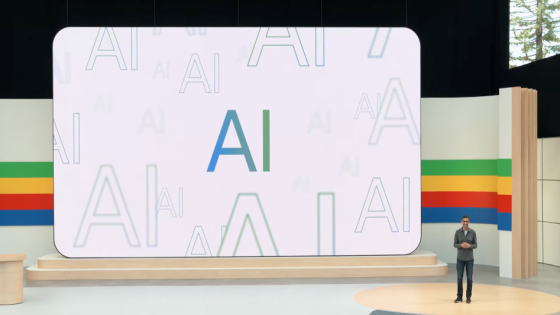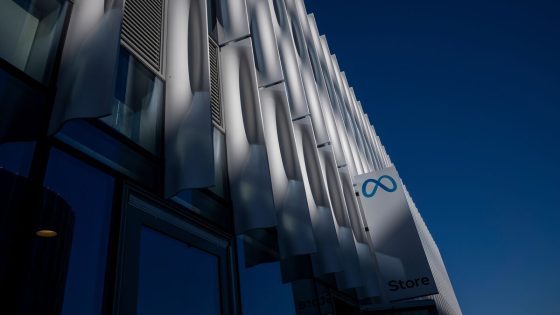Mercedes-Benz’s recent shift away from its ambitious electric vehicle (EV) goals has raised eyebrows globally. Once confident about phasing out combustion engines in Europe by 2030, the luxury automaker now warns of potential industry collapse if the EU maintains its 2035 ban on new internal combustion engine (ICE) vehicles. As of August 12, 2025, this dramatic pivot reflects broader concerns within the automotive sector.
- Mercedes-Benz retracted its electric vehicle goal.
- Källenius warns of industry collapse without ICE.
- EU's 2035 ban on combustion engines debated.
- Electric vehicle market share remains low.
- Mercedes' EV sales decreased in 2025.
- Potential easing of EU ban expected.
The company’s CEO, Ola Källenius, emphasized that the EU’s stringent regulations could trigger a rush for gas and diesel cars, undermining climate goals. Currently, EVs only represent 17.5% of total sales across the EU and associated regions, highlighting a significant gap in the market’s transition to sustainable mobility.
This situation raises critical questions about the future of the automotive industry worldwide. Can the EU adapt its regulations to support both consumer demand and environmental goals? As automakers grapple with these challenges, the implications are far-reaching.
- Potential market collapse in Europe could ripple into global supply chains.
- Consumer behavior may shift dramatically ahead of regulatory deadlines.
- Other regions might reconsider similar bans based on Europe’s experience.
As the automotive landscape evolves, stakeholders must engage in dialogue to balance innovation with consumer needs. Will the industry find a way to adapt, or will it face a crisis?



